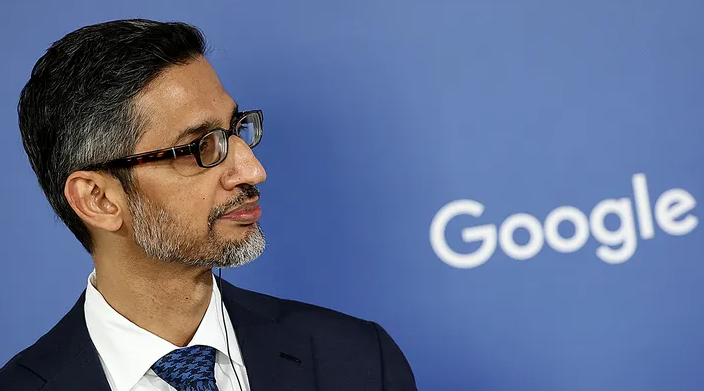Google To Reinstate YouTube Accounts Banned for Political Speech, Admits Biden-Era Censorship Pressure
Google announced Tuesday that it will reinstate YouTube channels that were permanently banned for political speech related to COVID-19 and election integrity, marking a major shift in policy. The company also acknowledged it faced sustained pressure from the Biden administration to censor speech that didn’t violate its own guidelines.
The move was revealed in a document submitted to the House Judiciary Committee by a Google attorney, first obtained by Fox News Digital. The document also confirmed that conservative voices were specifically targeted during Biden’s presidency, with content removed or accounts banned for expressing dissenting views on public health policy and the 2020 election.
“YouTube will provide an opportunity for all creators to rejoin the platform if the company terminated their channels for repeated violations of COVID-19 and elections integrity policies that are no longer in effect,” the document stated.
This reversal could allow prominent figures like Dan Bongino, Sebastian Gorka, and Steve Bannon back onto the platform after years of deplatforming. Bongino, now serving in the Trump administration, lost his massive YouTube audience in 2022 after challenging COVID-era mask mandates.
The document also explicitly calls out the Biden administration’s behind-the-scenes influence, noting that senior White House officials made “repeated and sustained outreach” to pressure the company to remove content, even when it didn’t break any stated policies.
“The administration created a political atmosphere that sought to influence the actions of platforms based on their concerns regarding misinformation,” the Google attorney wrote.
This revelation aligns with findings from the House Judiciary Committee’s investigation and a parallel lawsuit filed by Republican attorneys general in Murthy v. Missouri. That case revealed the extent of Biden-era jawboning—government pressure on private platforms to censor disfavored speech. Although the Supreme Court ultimately tossed the case on standing grounds, lower courts found the administration had crossed constitutional lines.
Google’s policy shift follows a similar move by Meta last year when the company eliminated its third-party fact-checkers and distanced itself from Biden administration demands. YouTube, in contrast, never relied on external fact-checkers and now says it will not empower them moving forward.
The announcement also reignited concerns about media censorship after recent events surrounding Charlie Kirk’s assassination. Jimmy Kimmel, who falsely claimed on his show that Kirk’s killer was affiliated with MAGA, was suspended amid backlash. Though ABC has lifted the suspension, major broadcast groups like Sinclair continue to refuse to air his show.
Tensions grew after FCC Chairman Brendan Carr made a veiled threat toward ABC over Kimmel’s remarks. “We can do this the easy way or the hard way,” Carr said in a podcast appearance, referencing FCC authority over broadcast licenses. Critics argue the statement echoes the very same kind of jawboning Republicans have been fighting against.
Google also took the opportunity to criticize new regulatory laws in the European Union, saying the EU’s Digital Services Act and Digital Markets Act “place a disproportionate regulatory burden on American companies.” Lawmakers in Congress from both parties have voiced concern that EU policies could lead to even more censorship globally.
The reinstatement policy from YouTube is expected to roll out over the coming weeks. Creators previously banned under obsolete COVID-19 and election policies will soon be allowed to reapply for access.

